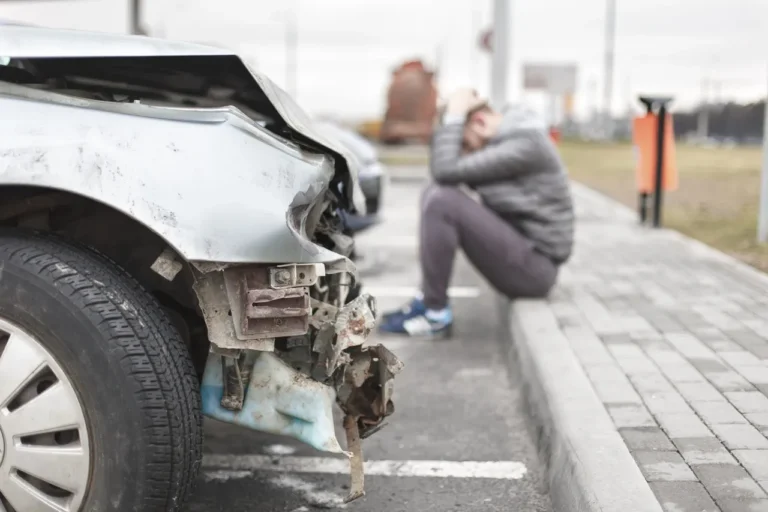
Why is my car “Totaled”?
What Is a ‘Totaled’ Car?
Depending on your state and whether you or another driver were at fault in the accident, the damage to your car may be covered either by your insurance policy or the other driver’s. If you file an insurance claim, your insurance company (and possibly the other driver’s) will assign an adjuster to your claim. The adjuster’s job is to determine how much their company should pay out on the claim.
The adjuster may conclude that your car is totaled, or a total loss if it isn’t worth repairing or isn’t repairable at all. Insurance companies have their own formulas for making that determination. For example, the insurance company may call your vehicle a total loss if the cost of repairing it exceeds 80% of its value. If your car is worth $20,000 at the time an accident occurs, then the 80% cutoff would mean repairs likely wouldn’t be authorized if they cost more than $16,000.00.
Sometimes an insurer may deem a vehicle a total based on the salvage value. When a car is totaled the insurance carrier will obtain a salvage bid from a company like IAA or Copart. At that point they take that bid into account to determine the repairability of the vehicle. For example if a car has a value of $10,000.00, in most states the car wouldn’t be a total until the cost of repairs reaches 80-100% of the value ($8000-$10,000). Now, if the insurance company expects to receive $4,000.00 (40% of the value) for the salvage of the vehicle and the repair cost is $7,000.00, they will most likely total the car as the the total payout on the claim would be $1,000.00 less.
